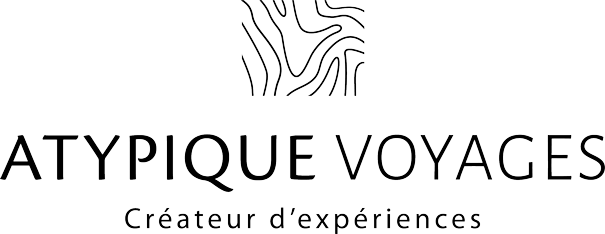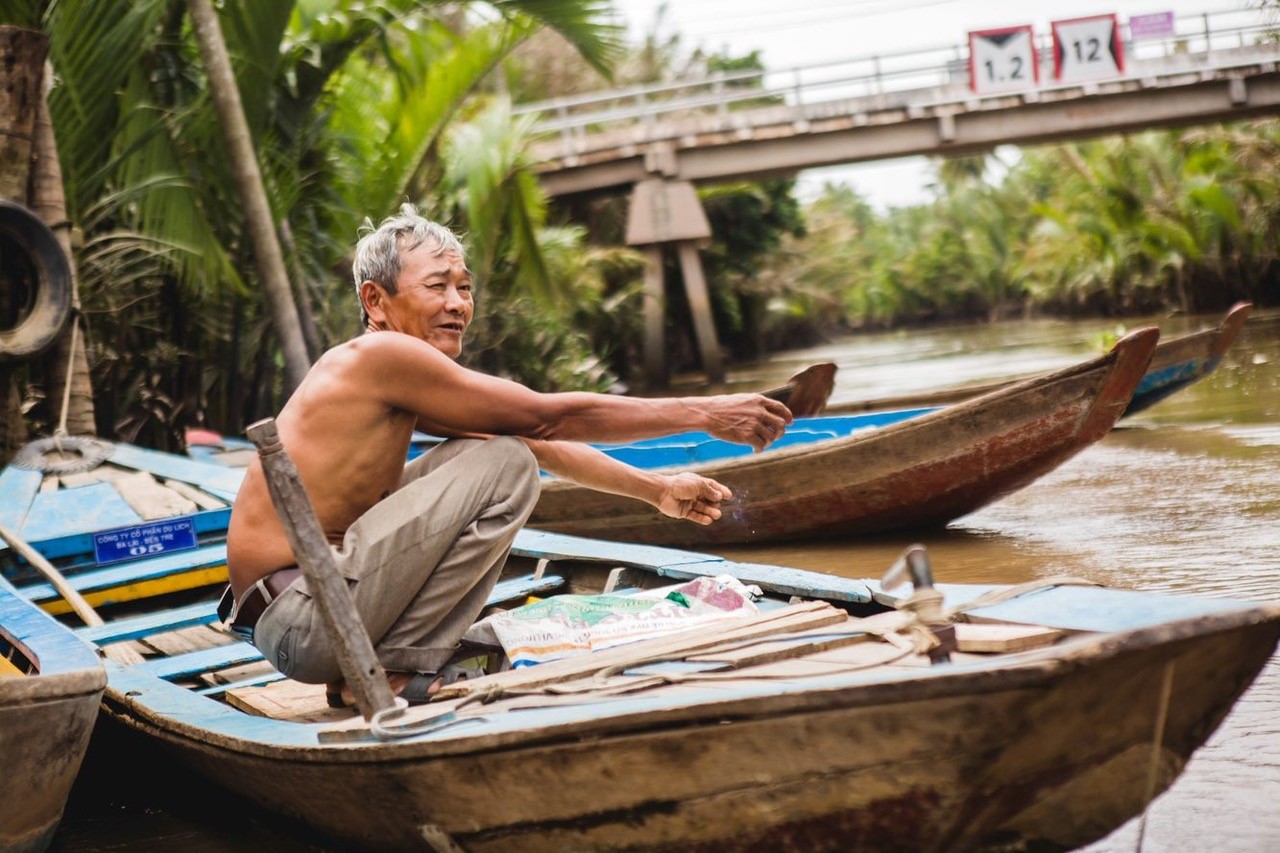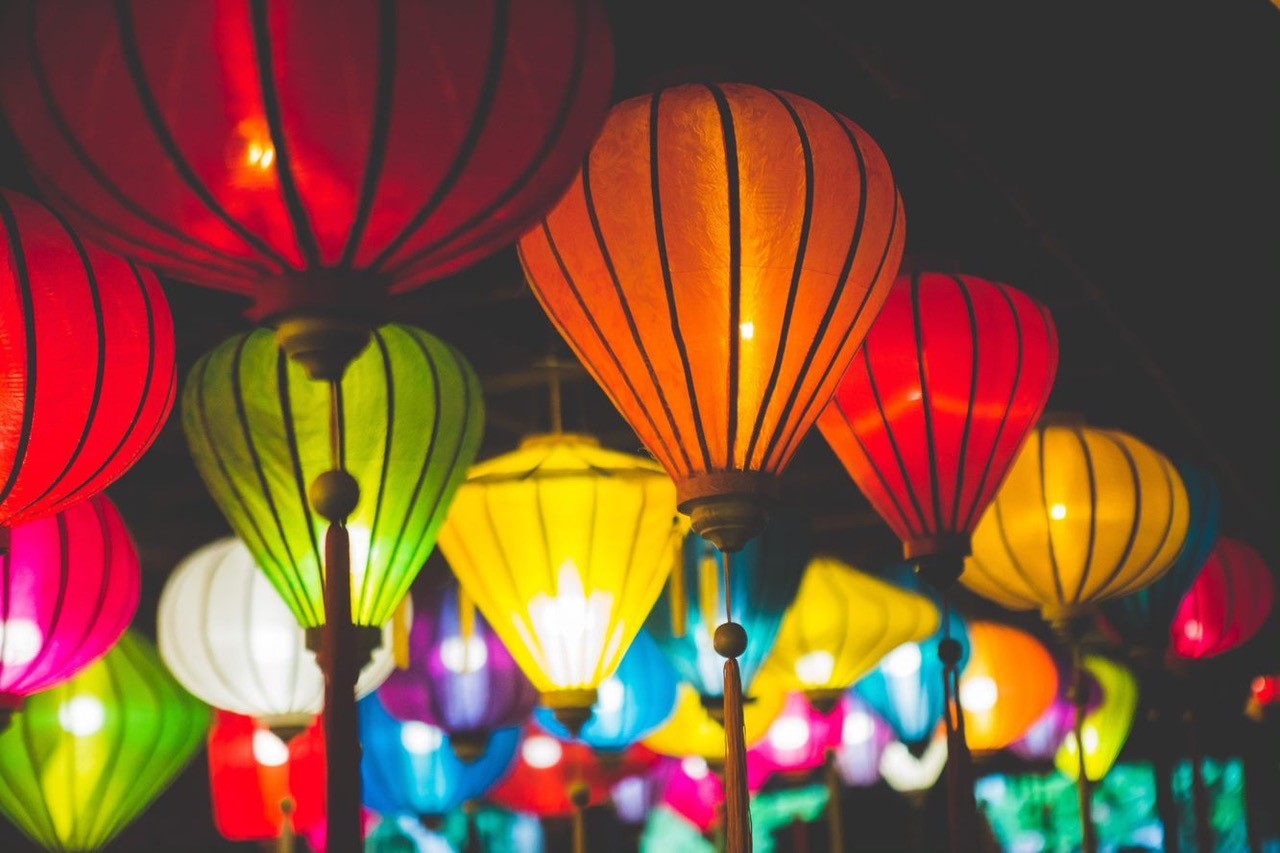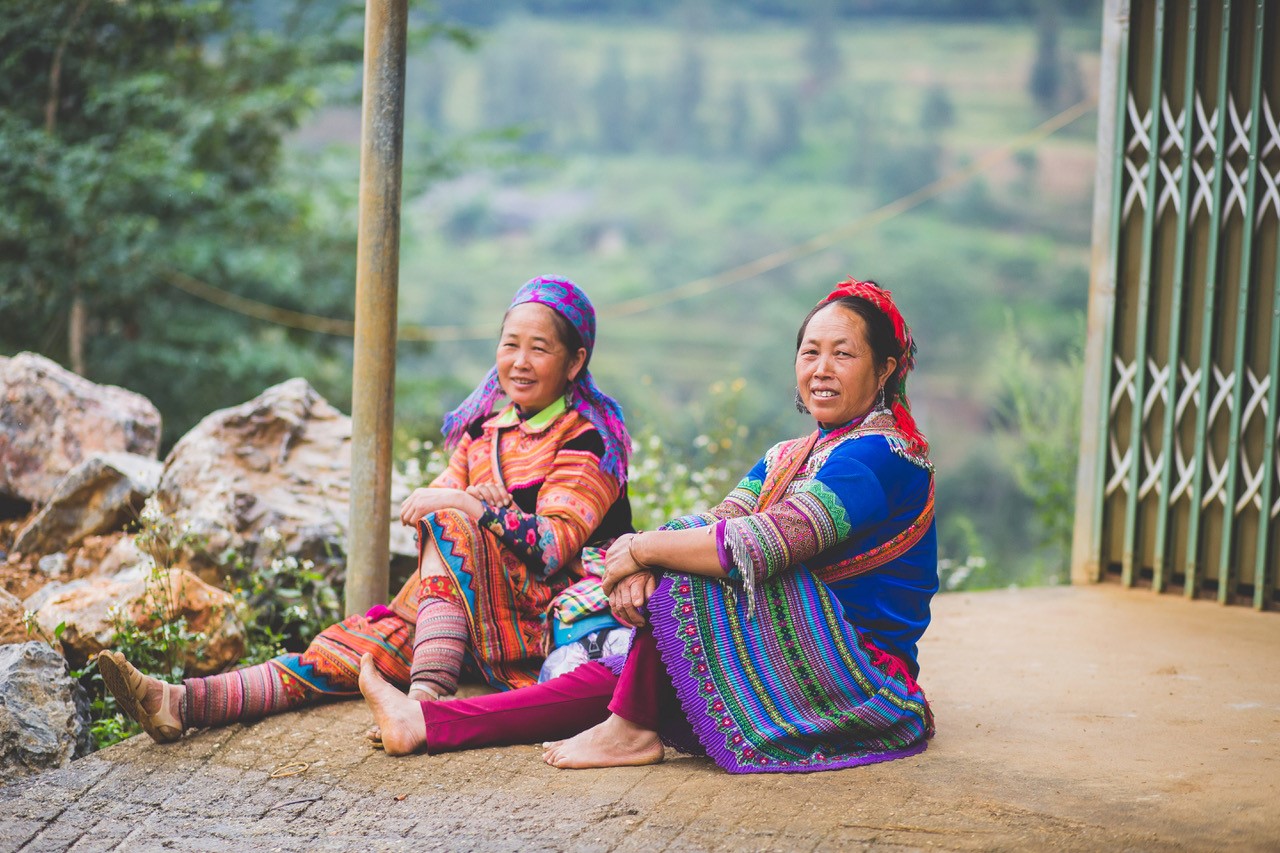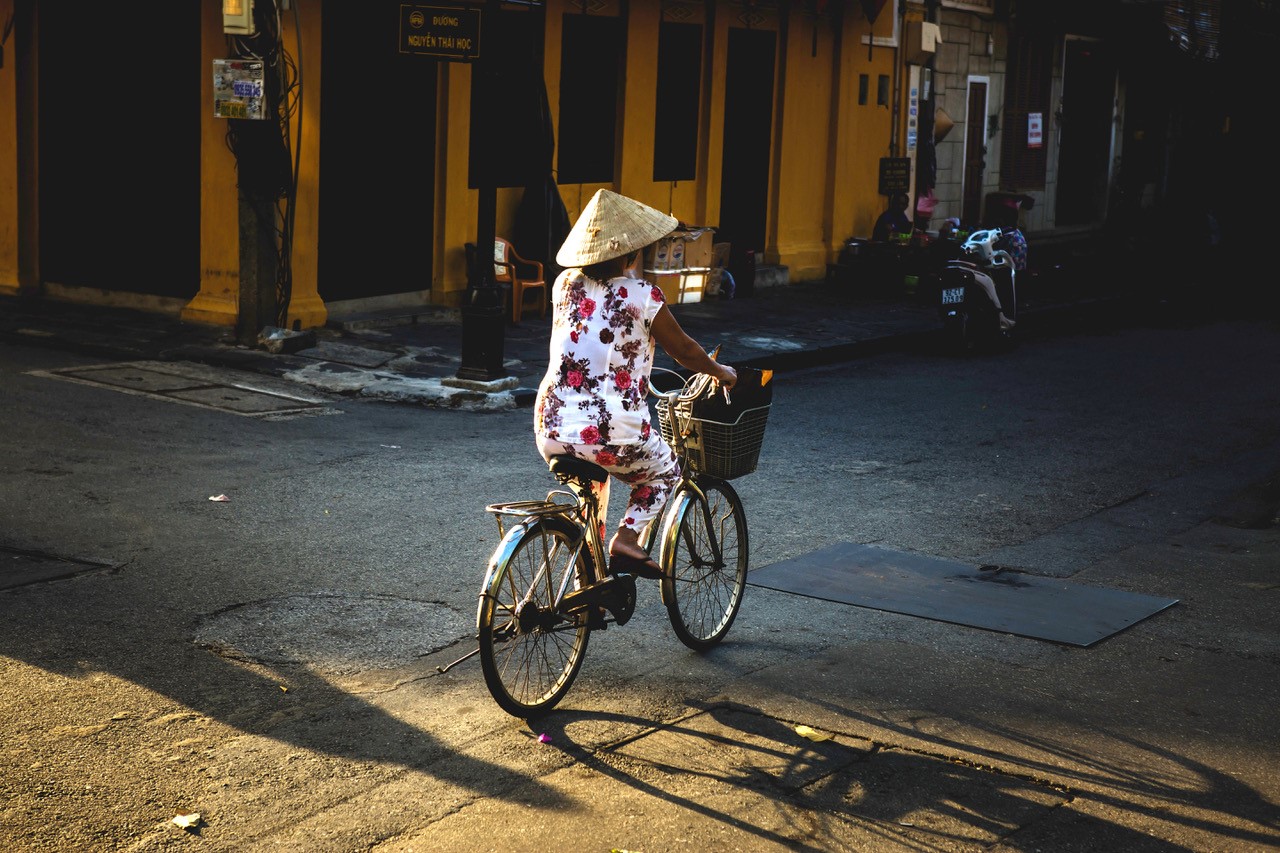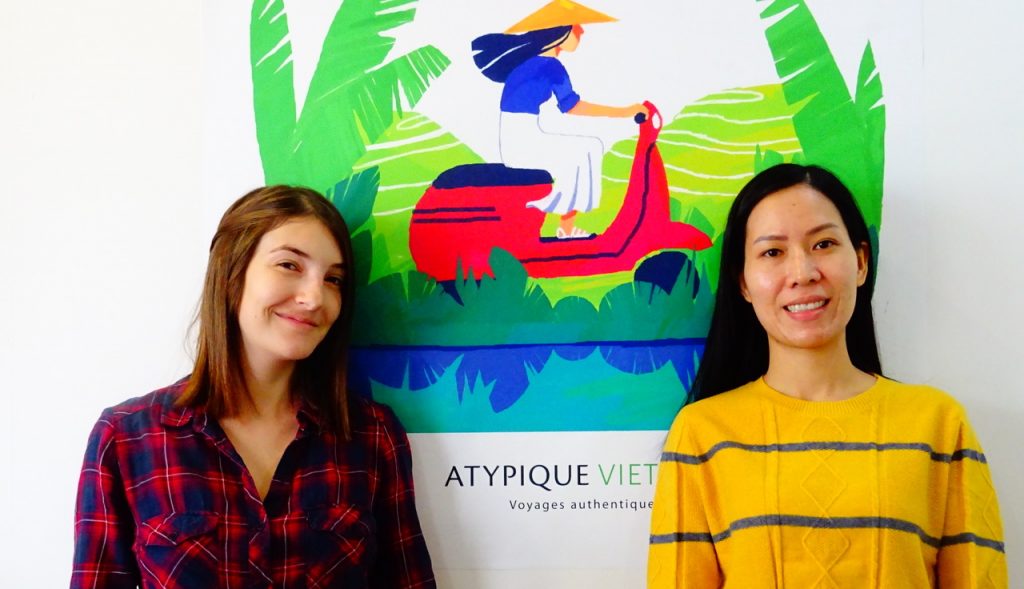Vietnam
Since 1st July 2018, French nationals are exempt from visa requirements for stays of up to 15 days (entry and exit days inclusive). Unfortunately, this measure does not apply to our French-speaking friends from Belgium, Switzerland, and Canada.
VISA OBLIGATOIRE – For stays exceeding 15 days, you must apply for a visa. Two options are available to you to obtain your visa for Vietnam:
- Apply for a visa at the Vietnamese Embassy in Paris.
- Apply for an e-visa online on the official Vietnamese government website (website in English). If you choose this option, you will receive your visa directly upon arrival in Vietnam.
VALIDITE DU VISA – In both cases your passport must be valid for at least 6 months after the end of your trip to Vietnam.
PRECAUTION A PRENDRE – Before departure, it is preferable to ensure that the existing rules for entry into Vietnam have not changed. We advise you to scan or photocopy all your important documents (passport, credit card, insurance, airline tickets, etc.) and keep them separate from the originals.
PRACTICAL INFORMATION
Currency and exchange rates in Vietnam
The local currency is the Vietnamese Dong (VND). You can find the current exchange rate in euros (EUR) on this site.
You can change at the airport or at a bank or withdraw cash from one of the country’s many ATMs.
Be careful: the exchange rate of the Vietnamese Dong is such that you will easily find yourself with bundles of banknotes on you! Be careful when paying as it is easy to confuse banknotes from VDN 1000 to VDN 500,000.
Vaccines in Vietnam
There is no vaccination requirement for Vietnam but it is recommended you be up to date with your DTP (diphtheria – tetanus – poliomyelitis) and MMR (rubella – mumps – measles) for children.
Vaccination against hepatitis A is also recommended during your stay in Vietnam.
In special cases, the following vaccines may be recommended:
- Typhoid – in case of prolonged stay in poor hygienic conditions
- Rabies – in the event of a prolonged stay in isolation
- Japanese encephalitis – in case of prolonged stay in rural areas during the transmission period
However, we do not recommend these vaccines because if you travel with Atypique Vietnam, you will be in sufficiently safe conditions.
Malaria is still rampant in Vietnam but we advise you to take an antimalarial treatment only if you are trekking in the mountains and are staying overnight with a local resident. However, it is important to protect yourself against mosquitoes locally.
Warning: local legislation is very strict regarding the transport of psychotropic drugs. If you are taking such treatments, bring your detailed prescription (name of the product and molecule, duration of treatment and dosage).

6 November 2019



